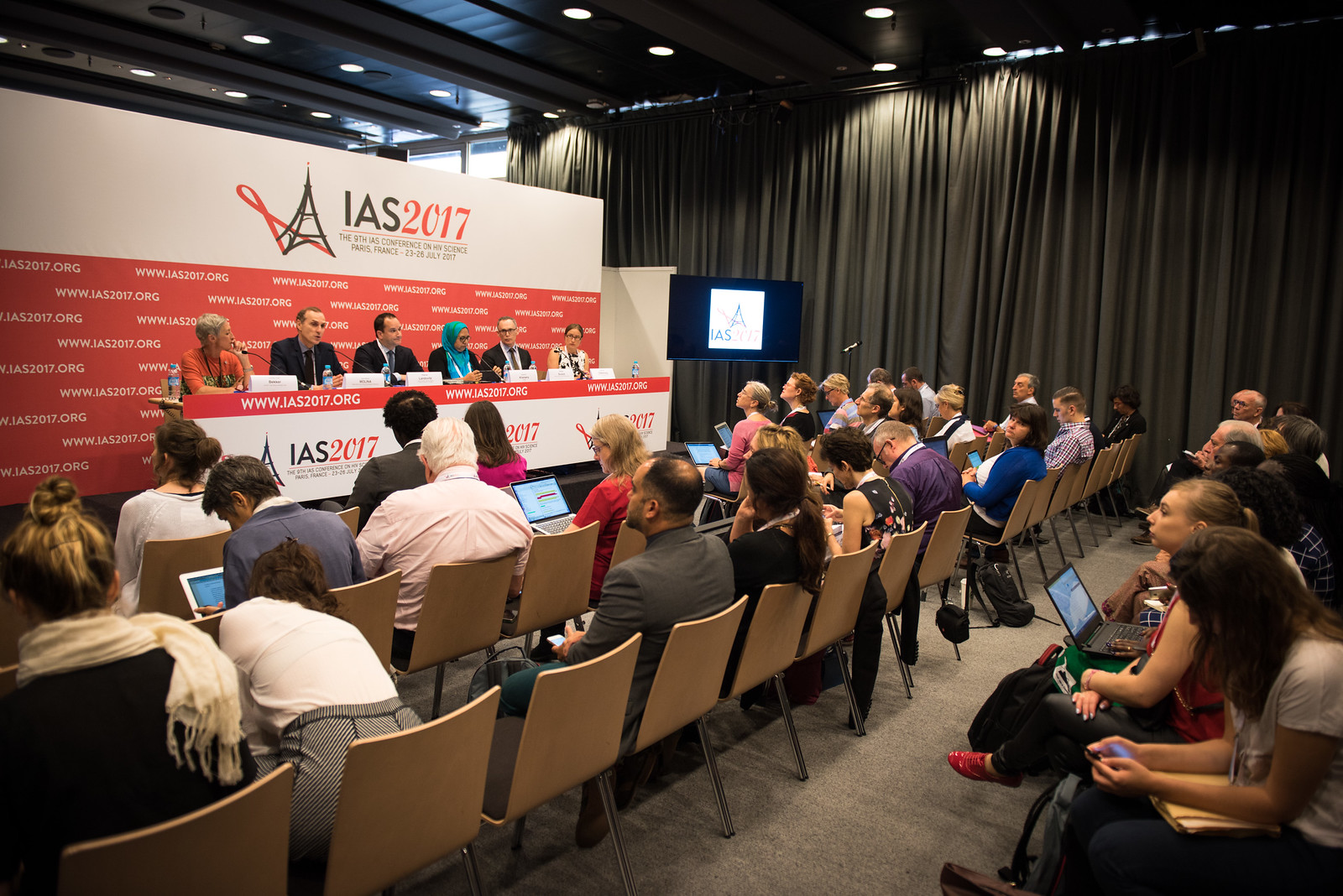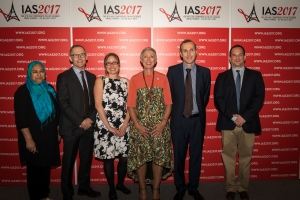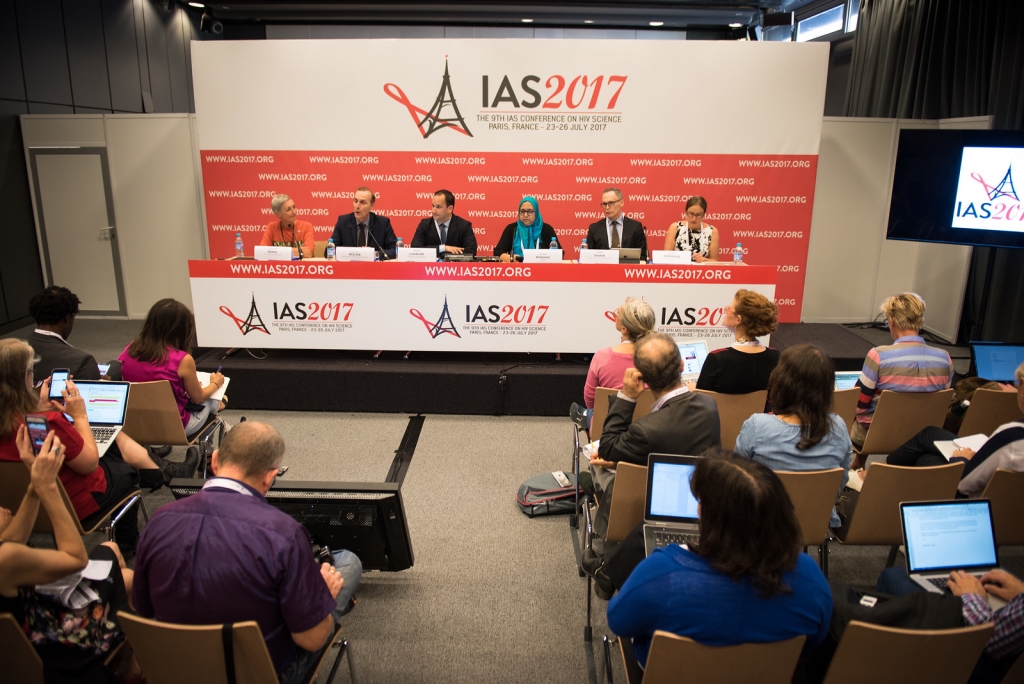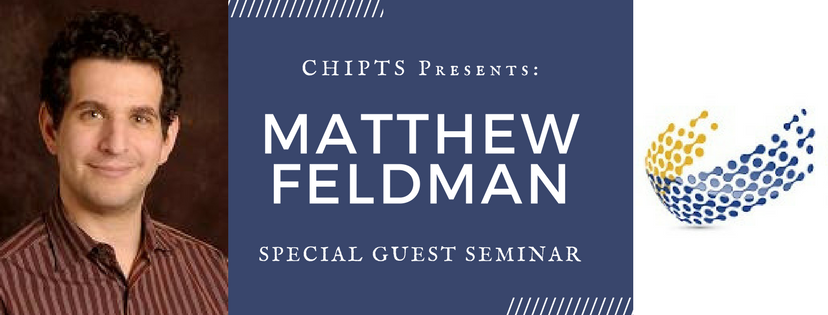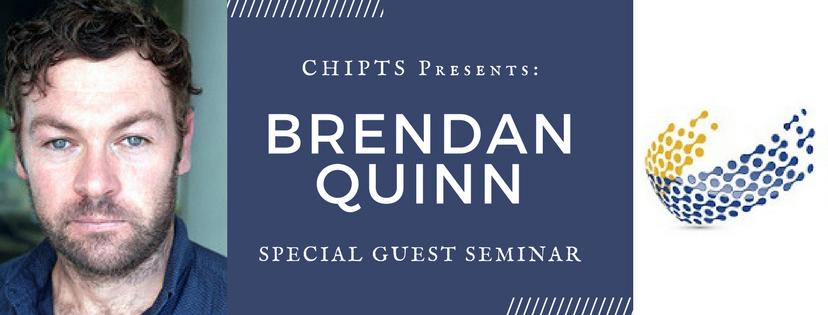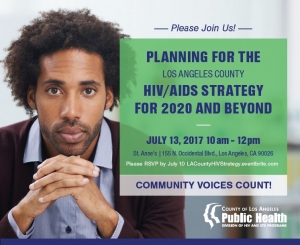September 19, 2017 –This message is intended for infectious disease, primary care, emergency medicine, urgent care, emergency medical services, and healthcare personnel who provide services to the homeless or drug using populations.
Please distribute as appropriate.
Key Messages
• The Los Angeles County Department of Public Health (LAC DPH) is declaring an outbreak of Hepatitis A virus (HAV) among persons who are homeless and/or use illicit (injection and non-injection) drugs.
• LAC DPH has further expanded its HAV vaccine recommendations during the outbreak. HAV vaccination is now recommended for persons who are homeless and/or who use illicit drugs and to persons who have frequent close contact with the homeless or drug-using populations. This includes those who handle or serve food or who provide personal care, janitorial, maintenance, or sanitation services to these populations.
• Suspect cases of HAV should be reported immediately by phone, while the patient is still at the clinical facility, in order to facilitate an on-site interview by a public health investigator and prophylaxis of contacts; phone 888-397-3993. After hours call: 213-974-1234.
• Vaccination and soap and water hand hygiene are the best prevention against HAV.
Current Situation
LAC DPH has identified 2 cases of community acquired HAV in homeless persons residing in LA County for whom no clear recent links to San Diego or Santa Cruz counties can be established. In addition, 8 cases of HAV have recently been linked to the outbreaks in San Diego and Santa Cruz. These new cases indicate that spread may be occurring among homeless persons in LA County. With the identification of new cases with no known links to other outbreak jurisdictions, LAC DPH is declaring a local outbreak. Identification of new HAV cases continues in San Diego and Santa Cruz counties in persons who are homeless and/or using illicit drugs.
In the outbreaks in all three counties, HAV is primarily being transmitted person-to-person through close contact or through contact with a fecally contaminated environment. The fatality rate of HAV in this homeless and illicit drug use population is higher than the rate observed in healthy individuals.
Actions Requested of Providers:
• Suspect HAV infection in patients who have close contact with or who are homeless/intermittently homeless and/or who use illicit drugs who have abrupt onset of prodromal symptoms (nausea, anorexia, fever, malaise, or abdominal pain) and jaundice or elevated serum aminotransferase levels. A complete serology panel with testing for hepatitis A (for acute HAV order IgM), B, and C is recommended in symptomatic patients. Please hold an additional serology specimen which DPH will collect. HIV testing is also recommended for those with an undocumented HIV-status. Do not test asymptomatic people for HAV infection as the false positive rate is high.
• Promptly report all suspect and confirmed HAV cases to the LAC DPH Morbidity Unit by calling 888-397-3993. After hours call 213-974-1234. Providers must report while suspected cases are still at the healthcare facility to facilitate immediate interview by a public health investigator and prophylaxis of contacts. Any patient presenting with jaundice or hepatitis symptoms and who reports being homeless within the last 2 months or using illicit drugs should be reported immediately.
• Do not discharge patients to the street who are diagnosed with HAV until at least a week after the onset of jaundice. Health Officer orders are available to facilitate holding patients for discharge planning. For assistance call: 888-397-3993 during business hours and 213-974-1234 after hours.
• Provide post-exposure prophylaxis (PEP) for close contacts of confirmed HAV cases as directed by LAC DPH. Susceptible people exposed to HAV should receive PEP as soon as possible within 2 weeks of last exposure. Single-antigen HAV vaccine and immune globulin (IG) are effective HAV PEP therapies; recommendations for PEP vary with patient age and risk for severe infection and can be found on the CDPH Hepatitis A Postexposure Prophylaxis Guidance Quicksheet. Vaccination with single antigen HAV vaccine generally is recommended as part of the PEP regime to provide more long-lasting protection; exceptions include infants and in uncommon situations when vaccination is contraindicated. LAC DPH will assist in the management of contacts.
• Provide HAV vaccine to persons who are homeless and/or who use illicit drugs and to persons who have frequent close contact with the homeless or drug-using populations. This includes those who handle or serve food or who provide personal care, janitorial, maintenance, or sanitation services to these populations. Serologic testing for HAV immunity is not recommended prior to vaccination. Vaccinate with either single antigen HAV vaccine or the combined HAV/HBV (Twinrix) vaccine. See the HAV Vaccine Resources below for more information regarding vaccine coverage and availability.
HAV Vaccine Resources
Medi-Cal: HAV vaccine is covered for patients enrolled in both fee-for-service and managed care plans. Vaccine administration is covered if administered in a provider’s office or by an in-network pharmacy. No prior authorization is required. Patients or those assisting them can call the plan’s member services number listed on the back of their Medi-Cal Benefits Identification Card to obtain information on pharmacy services. Prior to referring a patient to an in-network pharmacy for HAV vaccination, please contact the pharmacy to verify vaccine availability.
AIDS Drug Assistance Program (ADAP): HAV vaccine is included on the ADAP formulary.
LAC DPH Clinics: Free HAV vaccine is available at the LAC DPH Public Health Centers for any at-risk people. Visit http://publichealth.lacounty.gov/chs/Docs/ImmSchedule.pdf for clinic times and locations.
In addition, LAC DPH is conducting outreach clinics to offer HAV vaccine in conjunction with community partners that serve the homeless community.
For questions regarding HAV vaccine and/or supply related to this outbreak contact the LAC DPH Immunization Program at 213-351-7800.
For Questions
Los Angeles County DPH Acute Communicable Disease Control Program:
Weekdays 8:30am-5pm: call 213-240-7941
After hours: call 213-974-1234 and ask for the physician on call.
Reporting for Residents of Long Beach and Pasadena
Long Beach Health and Human Services:
Weekdays 8am-5pm: call 562-570-4302
After hours: call 562-435-6711 and ask for Communicable Disease Officer.
Pasadena Public Health Department:
Weekdays 8am-5pm: call the Communicable Disease Control Program 626-744-6089
After hours: call 626-744-6043.
This Health Alert was sent by Dr. Sharon Balter, Chief, Acute Communicable Disease Control Program, Los Angeles County Department of Public Health

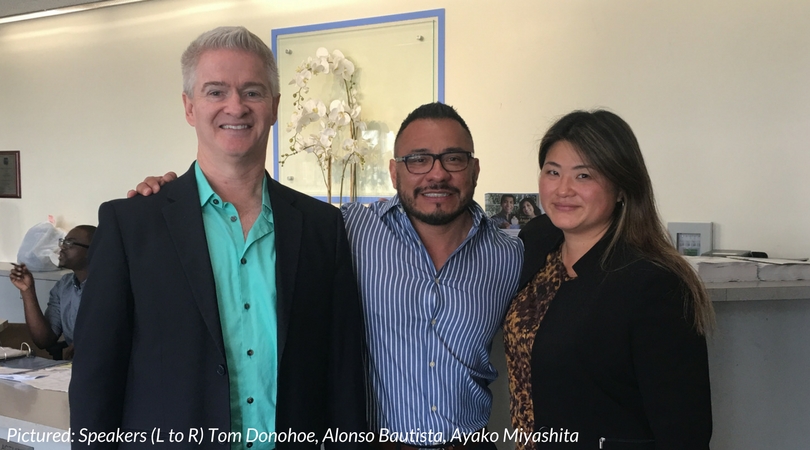
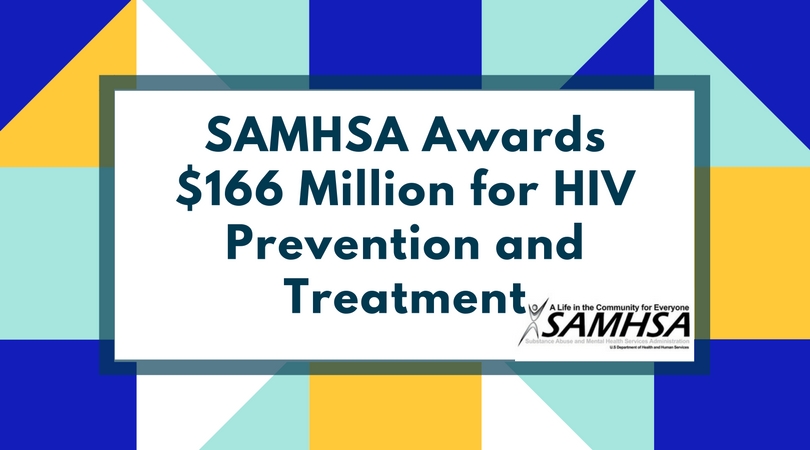

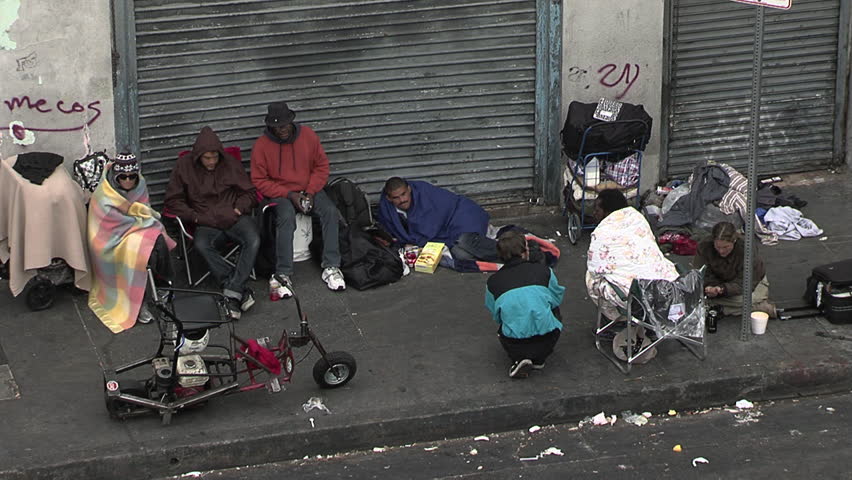
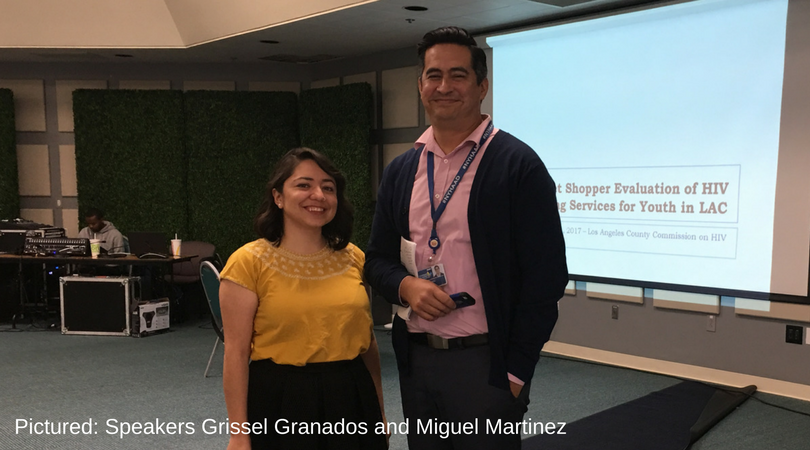
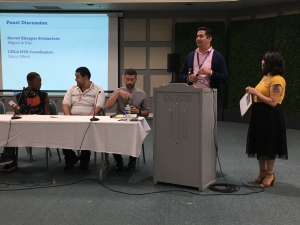 September 14, 2017 — A collaborative of 6 youth-serving agencies in Los Angeles evaluated the youth-friendliness of HIV testing services available. A total of 19 testing sites across the county were evaluated by youth utilizing a tool that focused on four core areas (confidentiality and privacy; youth-centered counseling; sex-positive health messaging; and youth-friendly environment). The findings of the evaluation highlight the need to update HIV testing training, protocols, and policies to focus on these core areas, which impact the acceptability of testing services for youth. This evaluation is a first step in improving the quality of services available for youth in Los Angeles. In addition, the presentation will include a discussion about the barriers and facilitators to accessing local HIV testing services among youth.
September 14, 2017 — A collaborative of 6 youth-serving agencies in Los Angeles evaluated the youth-friendliness of HIV testing services available. A total of 19 testing sites across the county were evaluated by youth utilizing a tool that focused on four core areas (confidentiality and privacy; youth-centered counseling; sex-positive health messaging; and youth-friendly environment). The findings of the evaluation highlight the need to update HIV testing training, protocols, and policies to focus on these core areas, which impact the acceptability of testing services for youth. This evaluation is a first step in improving the quality of services available for youth in Los Angeles. In addition, the presentation will include a discussion about the barriers and facilitators to accessing local HIV testing services among youth.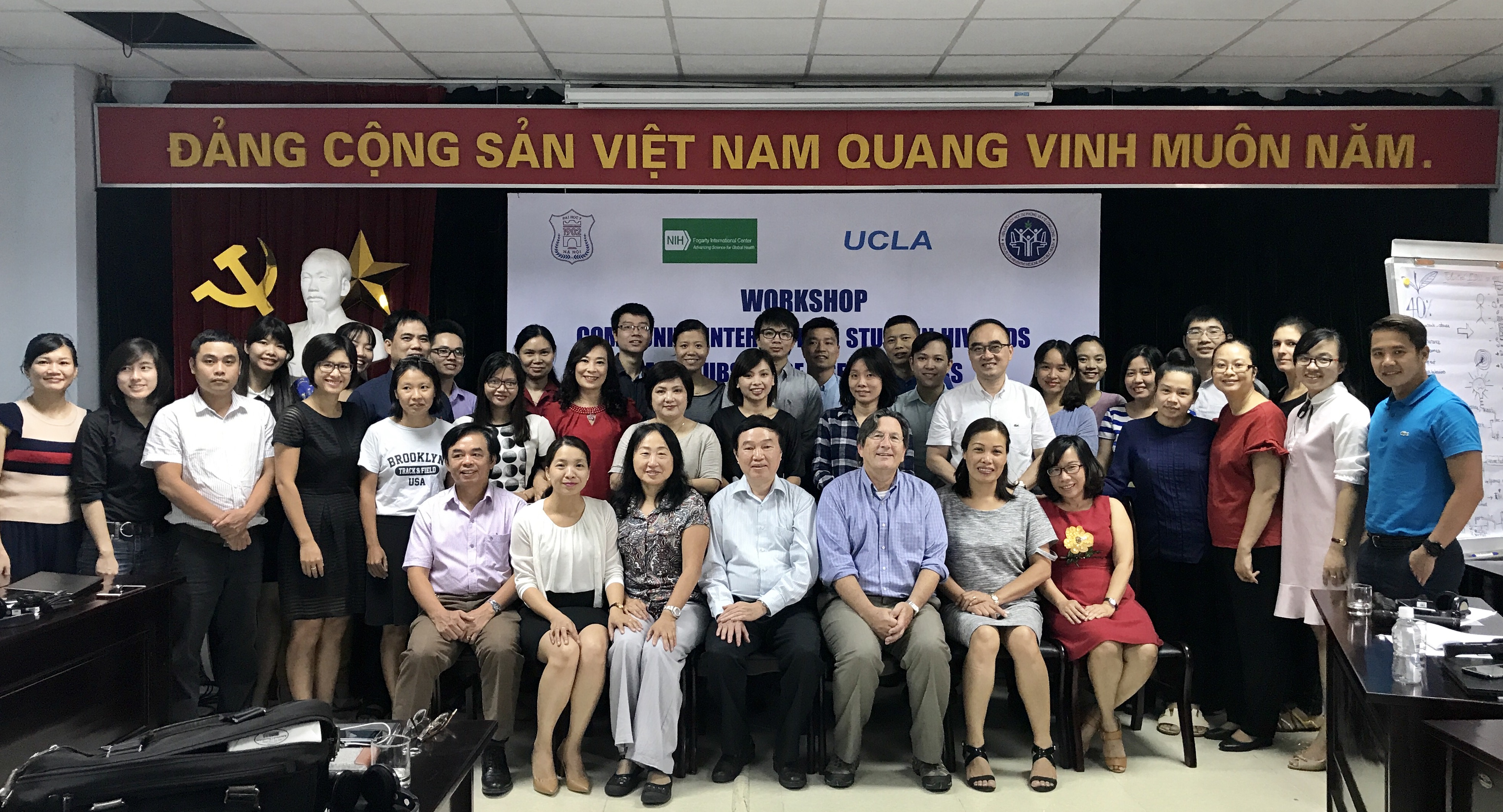
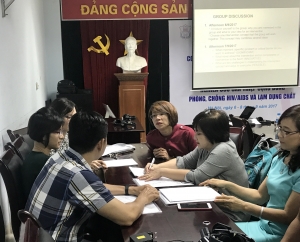 September 8, 2017, Hanoi, Vietnam — During September 6th-8th, 2017, Faculty and researchers from academic institutions in Vietnam, researches from local NGOs, Ministry of Health Program Managers, Graduate students of Hanoi Medical University, and Fellows of the Vietnam Fogarty Training Program gathered together for a workshop series on “Community-Based Intervention Study in HIV/AIDS and Substance Abuse.”
September 8, 2017, Hanoi, Vietnam — During September 6th-8th, 2017, Faculty and researchers from academic institutions in Vietnam, researches from local NGOs, Ministry of Health Program Managers, Graduate students of Hanoi Medical University, and Fellows of the Vietnam Fogarty Training Program gathered together for a workshop series on “Community-Based Intervention Study in HIV/AIDS and Substance Abuse.”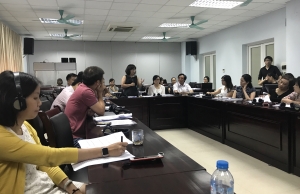
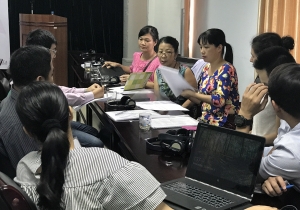 Meanwhile Dr. Shoptaw also spoke on the Medications for Substance Abuse in the Setting of HIV while another CHIPTS faculty member, Dr. Chunqing Lin presented on An Overview of Implementation Science in Healthcare.
Meanwhile Dr. Shoptaw also spoke on the Medications for Substance Abuse in the Setting of HIV while another CHIPTS faculty member, Dr. Chunqing Lin presented on An Overview of Implementation Science in Healthcare.